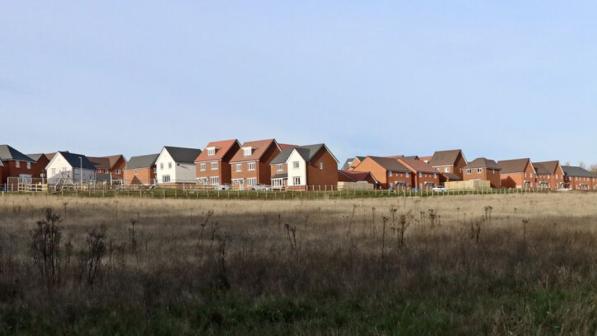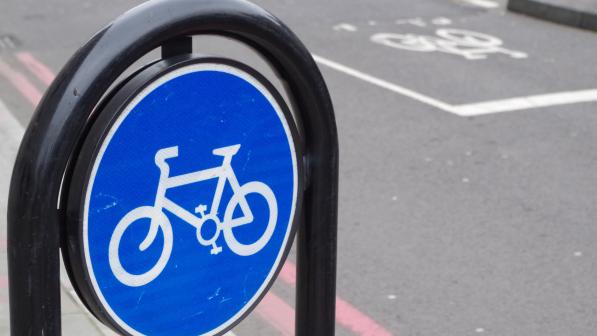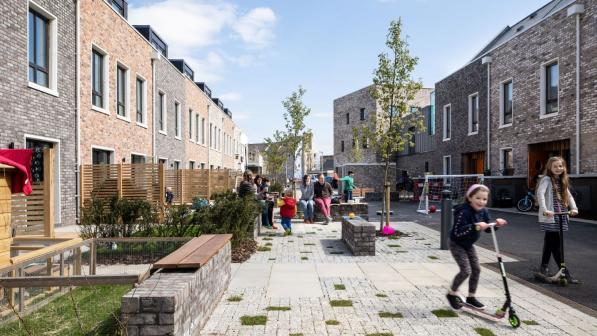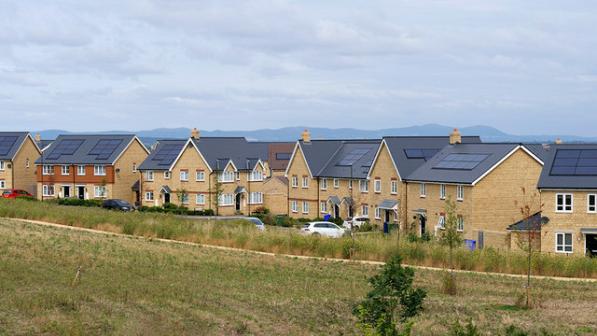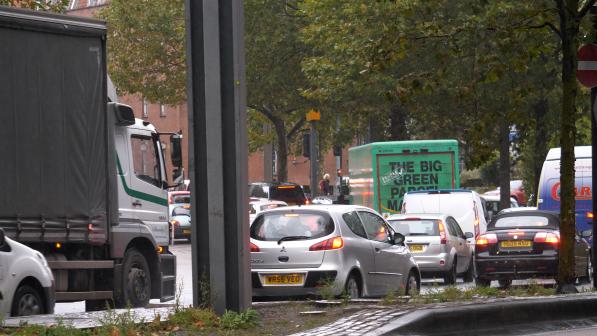Coalition launches vision for healthy planning

The Government's proposed reforms to the planning system in England have run into a barrage of criticism. Its Planning White Paper (which was subject to consultation last summer) is centred around a target to build 300,000 new homes a year. The Ministry for Housing, Communities and Local Government (MHCLG) talks about "building the right homes in the right places" but has been very unclear about what this means.
MHCLG's proposal for allocating house-building targets to different planning authorities was an algorithm - yes, that's despite the failure of another 'mutant algorithm' to address last summer's A levels debacle! This housing algorithm rests on an assumption that, the greater the gap between typical earnings and typical house prices in a given area, the greater the need for more housing in that area, to make local homes more affordable.
Superficially this may appear logical - until you realise that many of the areas with the highest gaps are places with really valuable natural environments; that many of the residents of these areas do not work locally anyway (indeed, many of them are retired); and that slight reductions in house-prices in the leafy Home Counties would do little to help people in deprived northern towns.
In two recent parliamentary debates, MPs from all sides (including former Prime Minister Theresa May) lined up to vent their frustrations. Shire country Conservatives from leafy constituencies voiced their anger at the threat of valuable countryside being destroyed, while 'red wall' Conservatives were equally dismayed at the lack of action to ensure economic regeneration in their constituencies. As Bob Seely MP said in the first of these debates: "The worst of all worlds would be to hollow out our cities, urbanise our suburbs and suburbanise the countryside... That is not levelling up; it is concreting out".
Why we need a new 'Vision for planning'
Still, criticising the Government's proposals is one thing - presenting a positive alternative is a bigger challenge.
Now, a coalition of 18 organisations led by CPRE, the countryside charity, has done exactly that, with a Vision for planning that was launched this morning (14th January 2021).
Besides Cycling UK, the coalition encompass a wide range of organisations, whose interests cover many different facets of 'sustainable development'. The UK Green Building Council is concerned to ensure that new developments incorporate sustainable building regulations. Shelter wants to secure much stronger rules on the provision of affordable housing, fearing the current proposals would do the opposite. A common theme is the need to put genuine democratic participation at the heart of the planning system, so that developments reflect local needs and attract local support. Many coalition members wish to ensure that the planning system protects valued open spaces, landscape and habitats, and that urban and rural dwellers alike have good access to nature (lockdown has really heightened our appreciation of how important this is). .
In recent decades, too many housing developments have been designed for car-dependency, with lots of road and parking space. This makes it really hard for children or anyone else to get around in ways that are healthy for themselves and the environment. Instead, we should locate and design new developments to make it safe and easy to walk or cycle to schools and workplaces, shops, public transport, parks and open spaces. We should plan for healthy living, for ourselves and for our children’s future.
Sarah Mitchell, chief executive, Cycling UK
Cycling UK's main concern (and that of a number of coalition partners) is that MHCLG's proposals would accentuate the planning system's persistent habit of allowing car-dependent developments in locations with very poor public transport accessibility, and with layouts and street designs that make it really difficult to walk or cycle for day-to-day journeys. My colleague Duncan Dollimore has previously summarised Cycling UK's response to the White Paper. Essentially though, we are urging the Government to ensure that developments are located, planned and designed to support clean and healthy travel, rather than car-dependence. If we fail, this would blow a massive hole in the Government's forthcoming Transport Decarbonisation Plan.
Ministers seem obsessed with the idea that you can solve this and many other problems by making developments 'beautiful' - and this somehow includes creating a cycle-friendly, people-friendly urban realm. However a 'beautiful' development in an unsustainable, car-dependent location is still an unsustainable development. (And incidentally, the Department for Transport and MHCLG don't seem to have spoken to one another about what design guidance councils should be using to ensure cycle-friendly street designs - but that's a detail!)
A 'beautiful' development in an unsustainable, car-dependent location is still an unsustainable development.
Roger Geffen, policy director, Cycling UK
Still, we're now about to see whether the Government will listen to what we and other coalition partners are saying - and I remain hopeful. After all, the 'mutant housing algorithm' was widely believed to have been associated with Dominic Cummings. His departure, and the all-round criticism of the Government's White Paper, may mean that MHCLG ministers and officials are now more receptive to other ideas. I'm pleased Housing Minister Christopher Pincher MP and MHCLG's chief planner Joanna Averley both spoke at the launch this morning. The question now is whether they have listened and will act accordingly.
